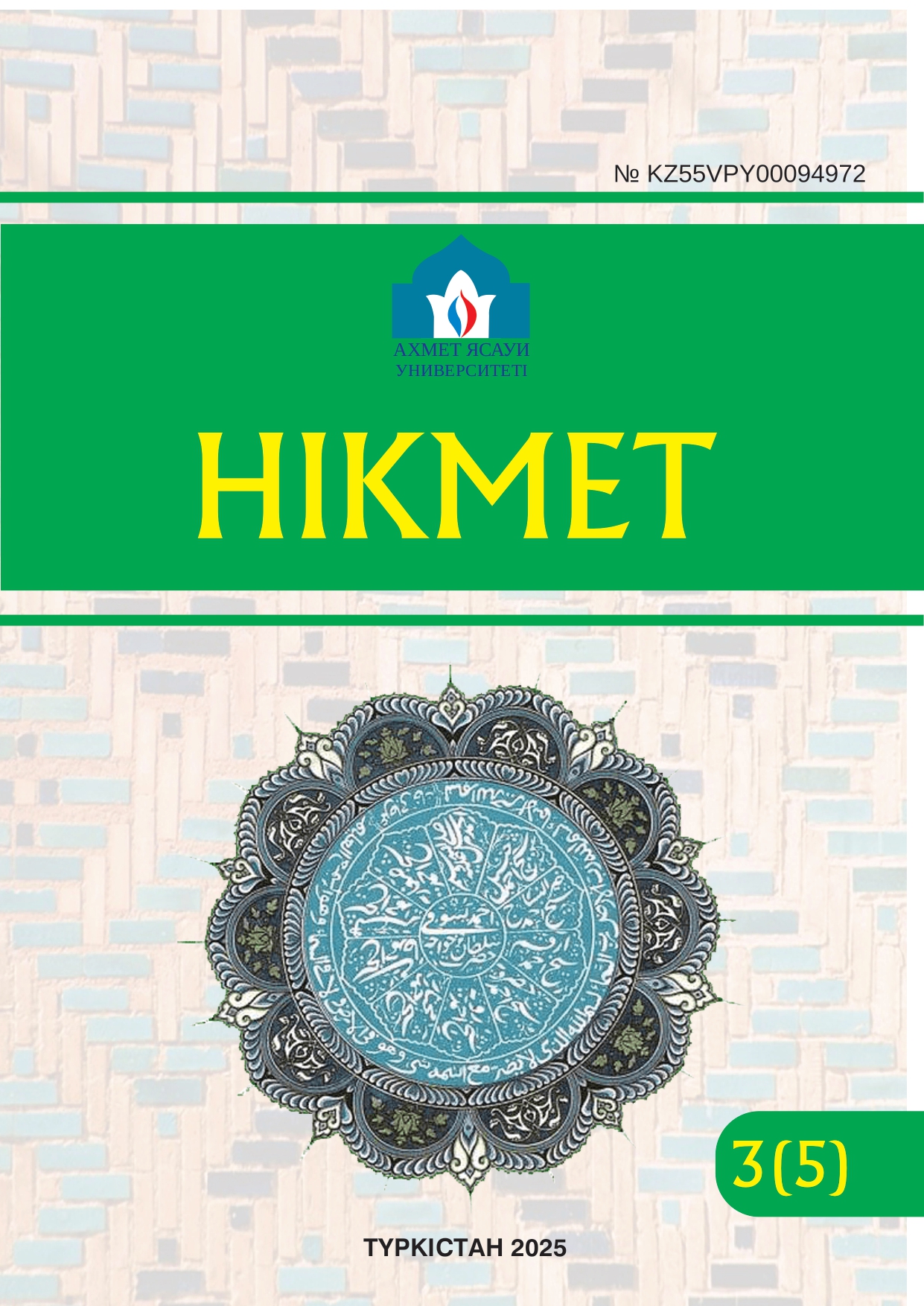Political Philosophy and the Educational Foundations of Democracy
89 67
Keywords:
Philosophy, democracy, civic education, social institutions, pluralism, political literacyAbstract
The main goal of this work is to explore the possible connection between social phenomena such as education and democratic institutions from the perspective of political philosophy. To fully understand this topic, in the first part we will examine the theoretical basis and provide comprehensive definitions of key terms such as “democracy,” “liberal state,” and “school.” Thus, we argue that democracy is not a natural form of human association, but rather a unique invention of the human mind, and that schools are the ideal institution for spreading democratic values, as this organization allows for the inclusion of large numbers of people. In the second part, we argue that the task of schools is not only to teach children the necessary practical skills and knowledge that will prepare them to compete in a market economy, but also to make them citizens of a democratic society. Therefore, a democratic state must grant schools greater autonomy, which will be reflected not only in the curriculum but also in school management. In this sense, the article contributes to ongoing debates about the role of education in shaping active citizenship and promoting pluralism. The conclusions may serve as a basis for future research on the intersection of political philosophy, pedagogy, and democratic practice.

